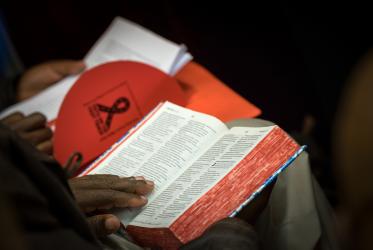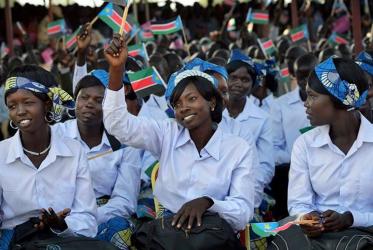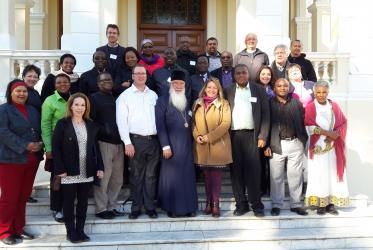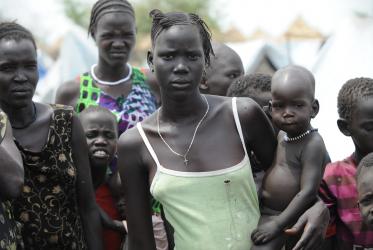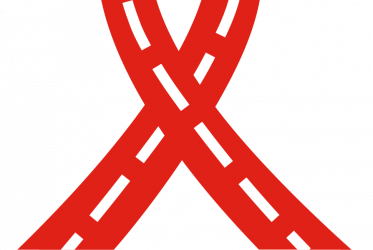Displaying 141 - 160 of 195
02 November 2016
Kenya: Voice of faith communities crucial in overcoming HIV
14 October 2016
Honest talk blossoms between youth, theologians in Cote d’Ivoire
14 September 2016
Peacebuilding from below: The role of local civil society in South Sudan
28 September 2016
Geneva, Maison de la Paix (Auditorium Ivan Pictet B)
Churches call for peaceful dialogue in Ethiopia
19 August 2016
Pan-African Christian organization dedicates new office
04 August 2016
Churches bring strong voice for justice in Zimbabwe
18 July 2016
In Ghana, women bring open minds, honest words
05 July 2016
Religion: Way of war or path to peace?
30 June 2016
Preventing incitement to violence which could lead to atrocity crimes in Africa
09 - 11 May 2016
Addis Ababa, Ethiopia
WCC conference explores ecological injustice in Uganda
21 April 2016
